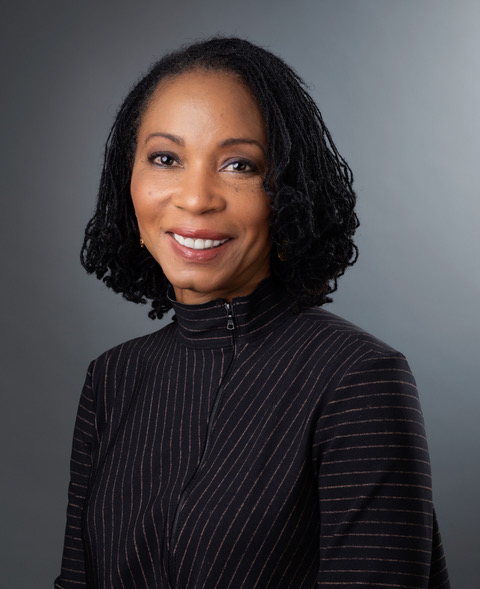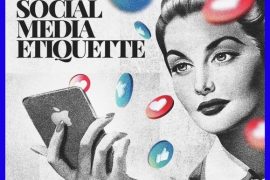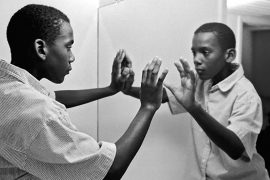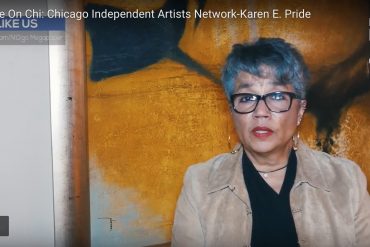Dr. Helen D. Gayle, former president and C.E.O. of The Chicago Community Trust (one of the nation’s oldest and largest community foundations), will soon start a new job as President of Spelman College. The Spelman College Board of Trustees unanimously voted to appoint Gayle as the 11th president of the historically Black women’s liberal arts college.
In the months-long search, Spelman’s Presidential Search Committee (the committee reviewed about 300 nominees before deciding on Gayle), sought a leader who embodies the Spelman mission of academic excellence and global leadership and whose experience and expertise would build on the college’s momentum in key areas, including affordability, entrepreneurship and innovation, and the Arts.
Under her leadership, The Chicago Community Trust grew its assets from roughly $2.8B to $4.7 billion and adopted a strategic plan to close the racial and ethnic wealth gap.
Before The Chicago Community Trust, Dr. Gayle spent nearly a decade as president and C.E.O. of Atlanta-based CARE, one of the largest international humanitarian organizations, with approximately 11,000 staff and poverty-fighting programs that reached 82 million people in 2010 in 87 countries.
She also worked for 20 years at the Centers for Disease Control with a focus on HIV/AIDS and advanced global public health at the Bill and Melinda Gates Foundation.
N’DIGO sat with Dr. Helene D. Gayle and discussed her tenure at the Trust and the impact she hopes to have on young women at Spelman College.
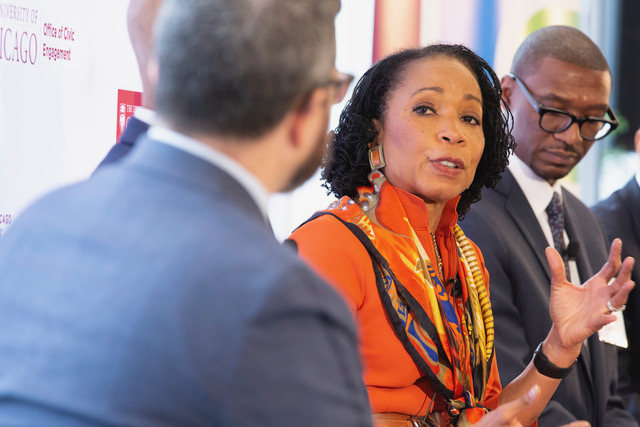
N’DIGO: As you depart the world of Philanthropy and enter the world of academia as the President of Spellman College, what have you learned that will benefit academia.
Dr. Helene D. Gayle: I bring 40 years of experience in multiple arenas. I have worked across many sectors, government and private foundations, led a large global nonprofit, and sat on corporate boards. I have a range of skills. As a leader, I think all those things intersect to bring those worlds together. I have been an adjunct professor but never in academia full time. The sectors are unique, but there are so many similar things. What does it take to lead people, and how do you create a shared vision? How do you hold for accountability? These are common goals in all organizations. I am better equipped to do this now than I was 20 years ago.
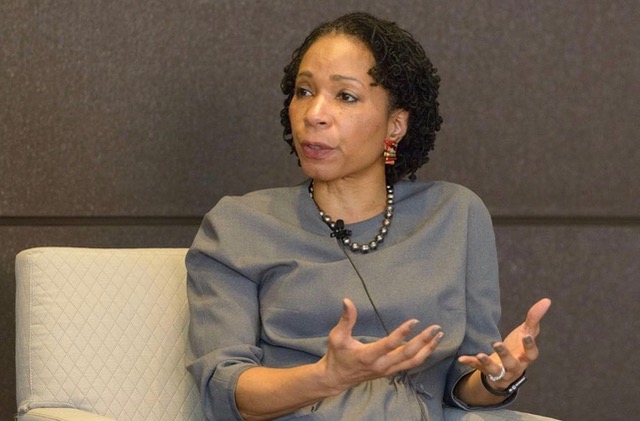
Your leadership in philanthropy has been phenomenal. You developed a 10-year strategic plan to target the wealth gap in Chicago. What has the success been?
The success is that we started a strategy and integrated way for our integration rather than working in silos. We worked with a single focus. We helped to galvanize not only our organization but our partners. It will happen because partners come together from the community, private sector, and public to use our assets to focus on this issue. We cannot move forward as a region if we hold part of the population behind. The success is that this is a long-time endeavor; it is a 10-year plan, and we have provided something that makes a difference. It is a long-term endeavor.
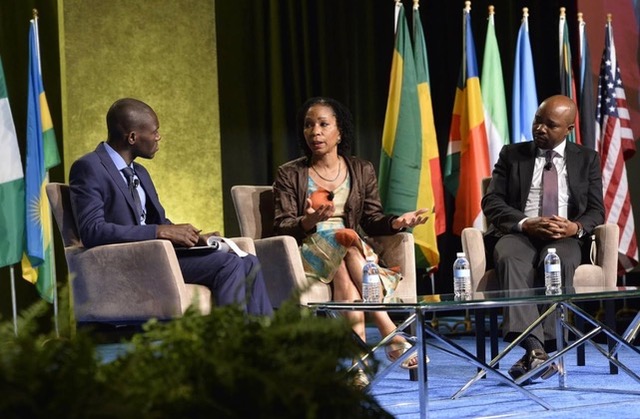
You have had multiple careers as a doctor and a philanthropist at two of the world’s most prestigious institutions. What are the common threads for Bill Gates Foundation, Community Trust Foundation, and Spellman College?
It’s all about the mission. I never thought about the different sectors; I thought about the task. Equity and social justice are essential as I have moved from being a private doctor to public health. Can I lead an organization where the skills I bring to bear are about health and economic equity? This is my guide. I have moved from a pediatrician to a college president.
During your tenure at Community Trust Foundation, you have invested in media; how do you see the world of media changing?
It is changing a lot. Traditional media does not necessarily have the revenue that keeps it in business. I have made a play for doing things differently. The combination is exciting with the merger of the Chicago Sun-Times and radio station WBEZ, which has an incredible radio station with a large listening audience, and the Chicago Sun-Times, a local print media. We have to also invest in hyperlocal media to invest in the media that tells the stories of the neighborhoods. The two entities combined are the largest not-for-profit media in the nation. We have to also speak to the narrative of voices that have not been heard.
Why are you leaving philanthropy at this time to devote your leadership to the education of young Black women?
One thing is to raise more money for young Black girls. I have moved across the track. Spelman is historic, and it is a great institution. Like all our HBCUs, it does not have the resources it needs. We will increase revenue sources. We have to meet the financial needs. My first job as President of the College is to be the chief fundraiser. We can make a huge difference. I want to make sure campus life is what it should be to stimulate and hold people to high standards intellectually. Many young Black people choose not to attend Ivy League Institutions but rather attend HBCUs. My passion is to train these young women to live their dreams. As young Black women, they should be taught that they can do anything they want, and they should be nurtured for success.

What are the top three elements of your leadership?
I have always believed that the first and foremost job as a leader is to make people a part of my organization and provide for people to do their job. The real deal is the person who can bring people together to create an agenda. You must develop a shared vision and empower people to do their best work. I am a good listener. A leader has to synthesize and bring out the best. You can get anything done if you don’t worry about who gets the credit. I am mission-oriented; it’s not about me but what the team sets out to accomplish.
Is there a difference between women leaders vs. male leaders?
Traditionally there has been a difference. Trends show that women are more collaborative, team-oriented, and more interested in results vs. ego focused. Women are less autocratic. There are some traditional things. Shifting along as we become a more collaborative world, young men are thinking differently. Men are becoming more family-oriented and more collaborative. Men are quick learners. You get better results leading like a woman than a man.
Talk to me about team building; you have built successful teams.
As I approach a new organization, institutional memory is essential to the people who have embedded it. I have never brought my team. I try to set my standards. I would rather have the people in the organization stay because they have value. You rarely have a problem with top performers in an organization. You have to hold people to specific standards.
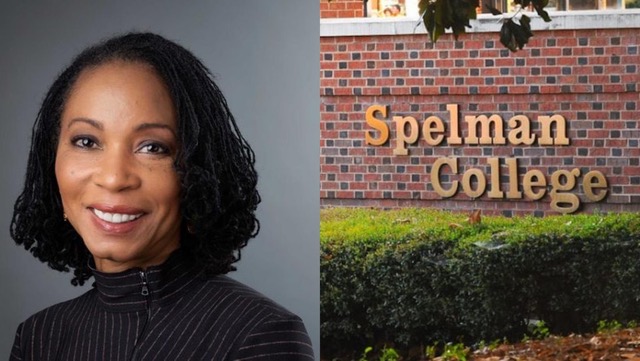
What did you like most about Chicago?
There are so many things. I will miss Lake Michigan, the incredible institutions, street festivals, world-class restaurants, theater, and most of all, the people. People love Chicago, and they want to share it with newcomers. I was so welcomed. I have developed deep friendships and I am glad there is Zoom so that I can stay in touch. I will visit often. I will have a welcome map for anyone who wants to visit Atlanta.
What will you take from Chicago to Atlanta?
The spirit of collaboration. Atlanta has an excellent civic culture, but Chicago’s civic culture is unique. Incredibly, the way business works across sectors. Chicago has civic pride and civic commitment. Executives in Chicago are expected to get involved in the community. I have learned how people collaborate in Chicago, producing incredible results.
N’DIGO: Thank you for making a difference in Chicago.


